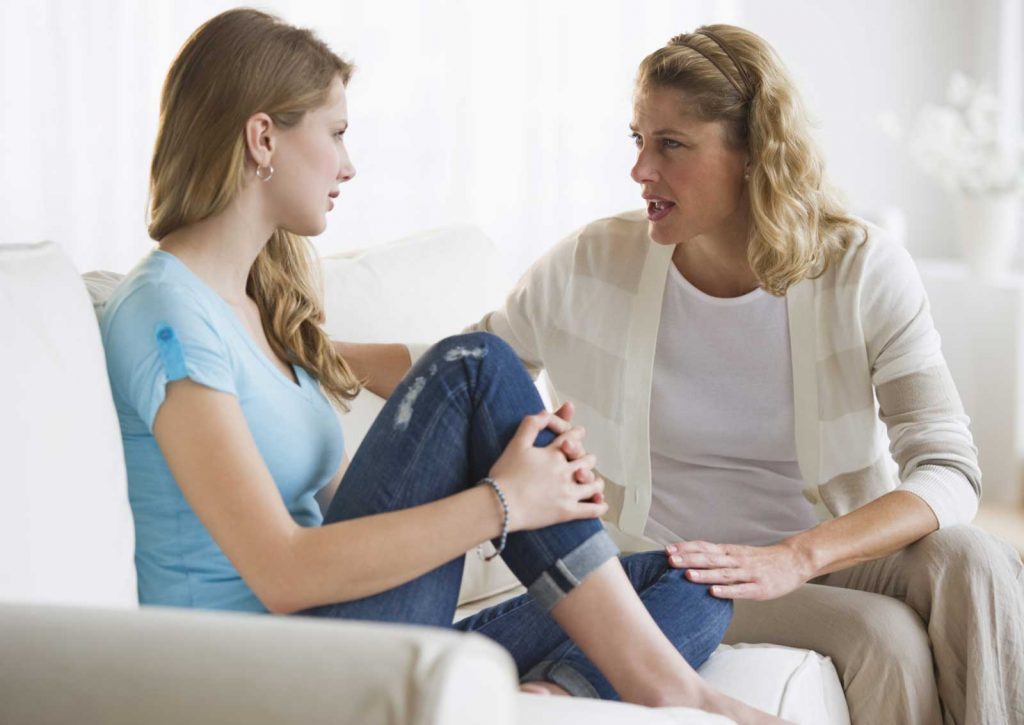Have you noticed changes in your household? Has family life become more stressful? Are there more arguments between parents and children? Has anxiety become more apparent?
It’s no surprise and you are certainly not alone. Behind anxiety and depression, the biggest presenting issue in the young people we have worked with in the last 18 months has been family relationship difficulties.
Spending more time together, lack of space, financial worries, job insecurity, stress of home learning, lack of contact with other people, loss of stress-relieving activities, isolation, constant fear around safety…the list goes on. It has been the perfect storm. The perfect, intense, storm.
When the mental health of both parents and children is affected it is difficult to know where to start. You want to focus on your child but if you’re struggling too it’s difficult. It can feel like there’s no way out. What can you do?
The advice on a plane is to put on your own oxygen mask before helping your child. The same applies here. Working on your own stress levels, practising your own self-care and getting support from others is vital. You can’t fill someone else’s bath tub if yours is empty. Work on relaxation, doing things you enjoy, talking about how you feel, sleeping and eating well. This also sets a good example to your child of how to regulate their emotions.
In an ideal world it would be easy to create a connected, responsive relationship with your child. We know this isn’t always practical, particularly in the teenage years! Simple messages such as ‘I’m here to support you’, ‘You are important to me’, ‘Let’s try to work things out together’ can be really powerful. They may not always respond immediately but they will feel re-assured.
Act from a calm place. Whether it’s parent-parent or parent-child, trying to communicate when you’re angry, upset or anxious just isn’t going to work. Agree to take some time out then come back together.
Be open. Talking through issues as a family can be beneficial. Set aside time to talk through things that are worrying you but also focus on what you’ve done well. It’s important to understand individual thoughts and feelings. This can lead to effective solutions being found and a deeper understanding.
If possible, plan for children and adults to spend time together one-on-one. And, plan some time apart, even if it’s just time alone in a different room or a walk by yourself. Take time to gather your thoughts and relax.
Talk about your frustrations with friends and family. This can also help with feelings of isolation and loneliness.
Here are some resources you may find useful:
Mental Health Foundation – Guidance for talking to someone about Mental Health
Side by Side – Connect with other people over shared experiences. This an online community where you can listen, share and be heard.
Family Lives – Supports all aspects of family life through all stages of a child’s development, issues with schools parenting/relationship support, family breakdown, aggression in the home, bullying, teenage risky behaviour and mental health concerns of both parents and their children.
Students Against Depression – information on depression, resources to tackle it and the opportunity to discuss it with other UK students.



